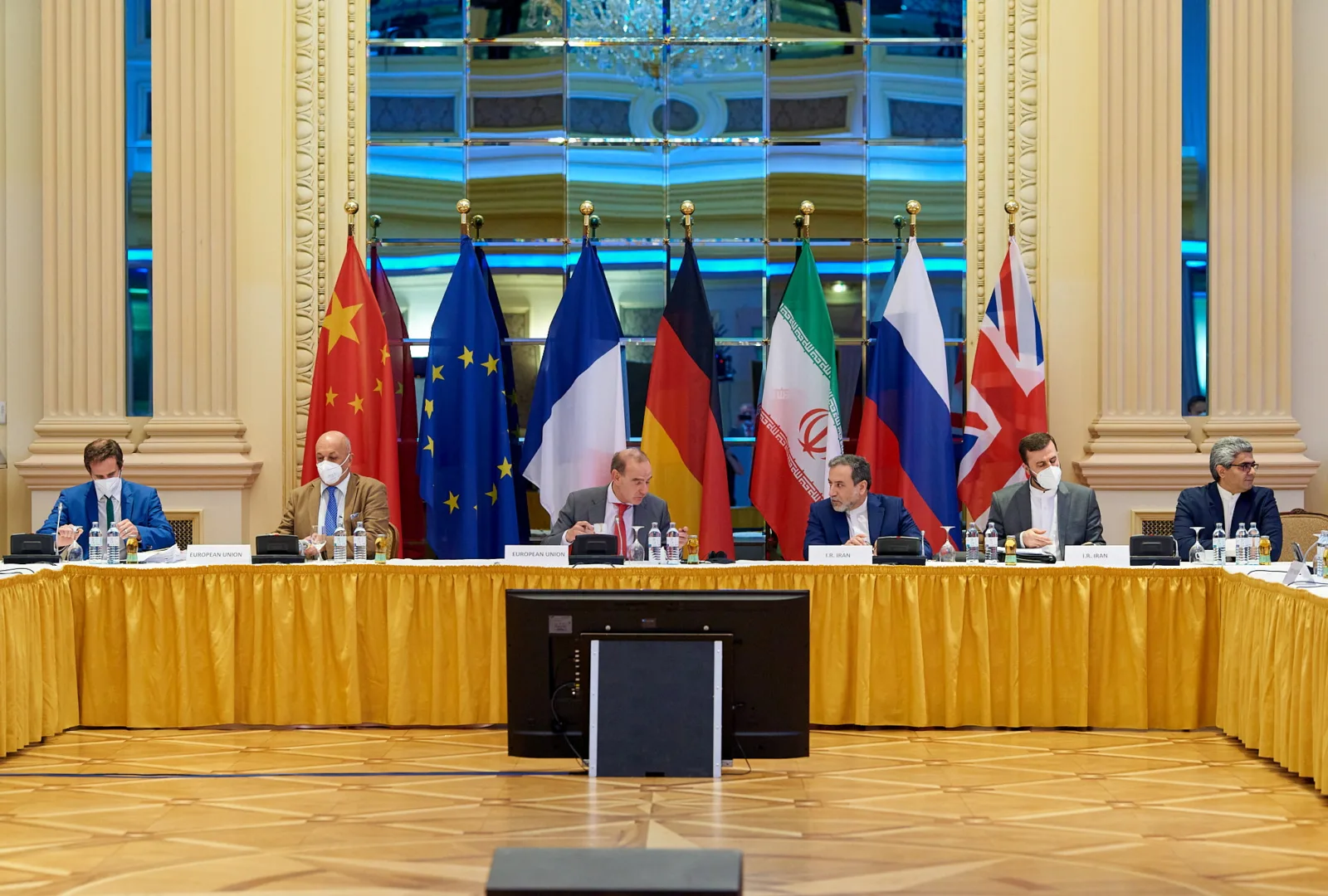Can the Iran Nuclear Deal be Revived?
After several days of renewed nuclear talks in Vienna, optimism remains in short supply. Iran is accelerating its nuclear advances under the new Raisi government and is, according to the U.S. government, closer to nuclear weapons capability than ever before. In Washington, the Biden administration has yet to deviate from Trump’s failed maximum pressure sanctions, even though Biden officials publicly bemoan Trump’s decision to quit the deal and recognize the disastrous outcome of Trump’s strategy. The Israeli government, for its part, continues to make threats of war, even as former Israeli officials admit that their pressure on the U.S. to abandon the 2015 agreement was a grave mistake. While both Washington and Tehran publicly express their desire to revive the JCPOA, neither side appears willing to show the necessary flexibility. What has been achieved in Vienna this week? What are the obstacles to reviving the deal? Can it be resurrected without new mechanisms that ensure the U.S.’s commitment to the agreement beyond Biden’s presidency? Should focus shift toward a smaller interim agreement instead of the full JCPOA? Does America have a Plan B? How will failure in Vienna impact America’s broader strategy and priorities in the Middle East, including reducing its military footprint in the region? To discuss these important questions, please join our webinar with Mahsa Rouhi, Research Fellow at the National Defense University; Eric Brewer, Senior Fellow at CSIS and former director for counterproliferation at the NSC; and Trita Parsi, Executive Vice President of the Quincy Institute. Tom O’Connor of Newsweek will moderate.
Panelists
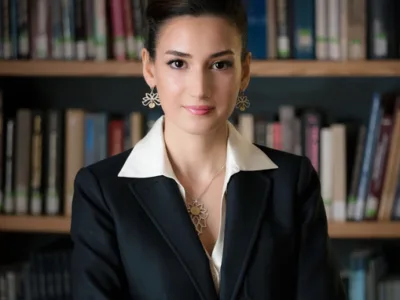
Mahsa Rouhi
Dr. Mahsa Rouhi is a Research Fellow at the Center for Strategic Research at the Institute for National Strategic Studies at National Defense University. Her research and expertise focuses on nuclear policy and security strategy in the Middle East, particularly Iran. She is currently working on a project on grand strategy, security and nuclear decision making in Iran. Prior to joining INSS, Dr. Rouhi was a Research Fellow in the Non-proliferation and Nuclear Policy program at the International Institute for Strategic Studies where she co-directed a track two project on the Geopolitics and Nuclear Issues in the Middle East and continues to engage as an associate. She received her Ph.D. from King's College, University of Cambridge, UK.
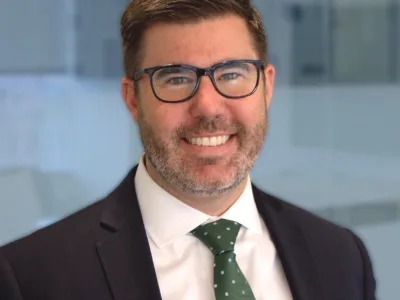
Eric Brewer
Eric Brewer is deputy director and senior fellow with the Project on Nuclear Issues at the Center for Strategic and International Studies (CSIS). He specializes in nuclear proliferation, Iran, and North Korea. Prior to joining CSIS, Mr. Brewer was a 2018–2019 Council on Foreign Relations International Affairs fellow at the Center for a New American Security. From 2017 to 2018, Mr. Brewer served as the director for counterproliferation at the National Security Council (NSC), where he was responsible for coordinating U.S. policy to prevent and reverse the spread of nuclear weapons, their delivery systems, and related technologies. From 2008 to 2014, Mr. Brewer held several positions at the Defense Intelligence Agency (DIA), including senior intelligence analyst for Iran.
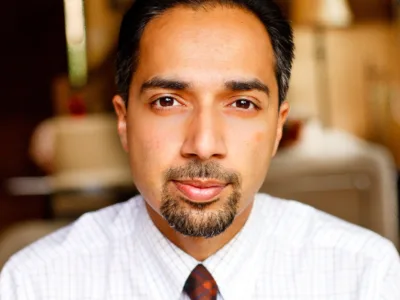
Trita Parsi
Trita Parsi, PhD, is an award-winning author and the 2010 recipient of the Grawemeyer Award for Ideas Improving World Order. He is an expert on US-Iranian relations, Iranian foreign politics, and the geopolitics of the Middle East. He has authored three books on US foreign policy in the Middle East, with a particular focus on Iran and Israel. He is the co-founder and former President of the National Iranian American Council. He received his PhD in foreign policy at Johns Hopkins’ School for Advanced International Studies, a Master's Degree in International Relations from Uppsala University, and a Master's Degree in Economics from the Stockholm School of Economics.
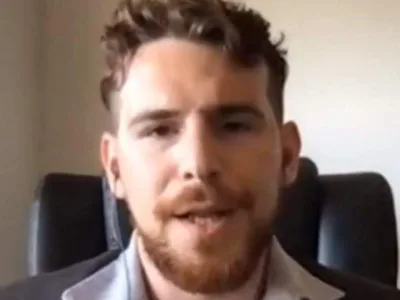
Tom O'Connor (Moderator)
Tom O'Connor is an award-winning journalist who works as the senior foreign policy writer at Newsweek. He has previously written for International Business Times, the New York Post, The Daily Star in Lebanon and the Staten Island Advance, and has served as a fellow at the Foreign Press Center Japan and the Korea Society.
